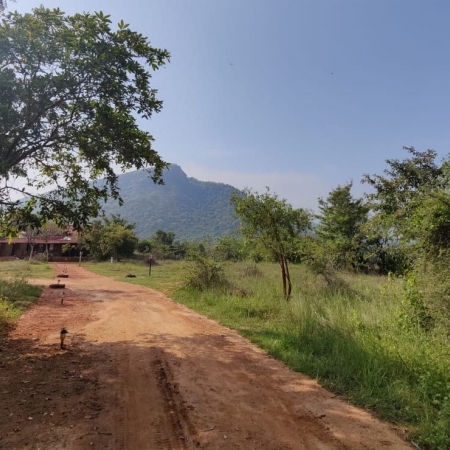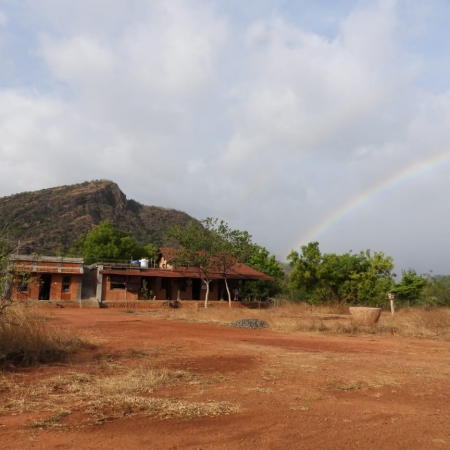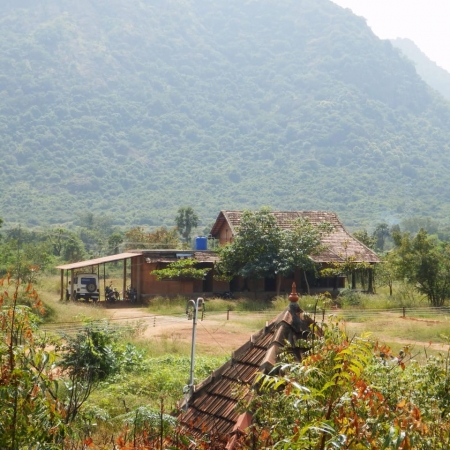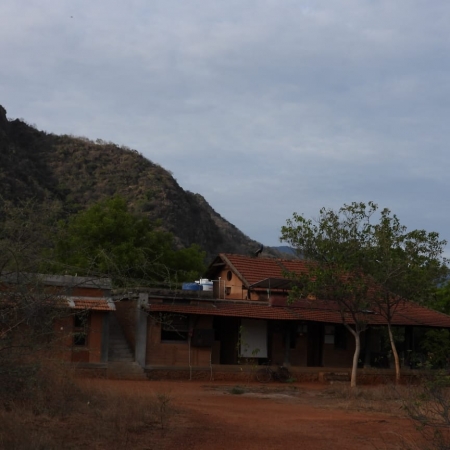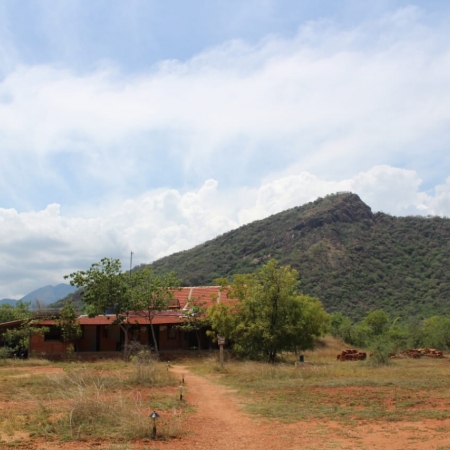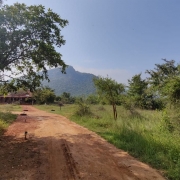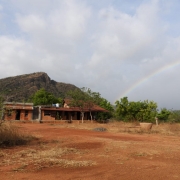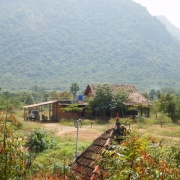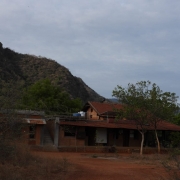The Primer in Methods and Ecological Research (PRiMER) is a certificate course designed and offered by Gubbi Labs to provide experiential learning on how to appreciate and pursue research in Ecology. This first of a kind intensive programme is aimed at inspiring participants and impart essential skills to be an ecologist.
Ecology is a unified field in biology, which over the years has transcended boundaries of subjects like physics, chemistry, mathematics, and social sciences. From being a mere observational and natural history based domain, ecology has progressed to enable the understanding of complex ecological processes and behavior. This course will enable the participants to venture into fields of natural history, environmental biology, and theoretical ecology. This course is specifically designed for students and professionals alike.
The training we impart during this course will be helpful in carrying out objective research across various disciplines as well.
PRiMER exposes participants to the basic skills such as the art of asking research questions, project planning and management, hands-on training in census, sampling and monitoring techniques, ecological statistics, remote sensing, mapping (GIS, spatial analysis and modelling), science communication (presentations, writing scientific papers and popular articles) and writing grant proposals. It will also expose participants to soft skills such as effective leadership, adaptive management and highlight the importance of working in teams.
PRiMER is a two-credit course with over 40 hours of contact teaching. It will be facilitated by faculty members comprising an expert panel of ecologists and research scientists, with extensive experience in the field ecology. Core faculty members include Dr. Sudhira HS and Dr. Seshadri KS. We will also draw upon insights and relevant skills from other subject experts.
Broad themes in dealt in PRiMER:
- Introduction to Ecological Research: Fundamentals of research; planning and management of independent research; literature review; seeing the big picture and framing objective. The course will provide hands-on exposure to a mind-mapping tool (Freemind) and reference manager (Mendeley®).
- Ecological Statistics: Fundamentals of data collection, database management, and exploratory analysis; nature of data and data types (parametric and non-parametric); data visualization; descriptive statistics; diversity indices; probability distributions; statistical hypothesis testing; choosing and using appropriate statistical tests. Introduction to tools for statistical analysis viz., Biodiversity Pro®, PAST®, R and RStudio™.
- Mapping and Modelling: Fundamentals of mapping and remote sensing; use of navigation gadgets (Garmin eTrex 30; Smartphone-based tools); geospatial analysis; species distribution modeling; geo-visualization; hands-on training in making maps. Tools exposed: QGIS®, MaxEnt®, Google Earth®
- Ecological Census and Monitoring techniques: Fundamentals of field data collection techniques; hands-on training in sampling techniques such as line and belt transects, point, quadrat, time-constrained, audio-visual encounter surveys; mark–re-capture techniques and camera trapping. Usage of automated data collecting devices (acoustics and weather monitoring).
- Communicating Research: Fundamentals of science communication; the art of storytelling; the nuances of presentation skills and techniques, writing scientific and popular articles, and research grant proposals. Basics of science journalism; developing a communication message; writing a press release; pitching to reporters and giving effective sound and video bytes.
The PRiMER provides you with the tools necessary to synthesize field observations, analyze data, interpret, visualize and report findings in a succinct scientific framework. This intensive field course will be beneficial to aspiring students of biology, researchers, forest managers, teachers, environmental management consultants, nature enthusiasts, and photographers. The training and skill sets inculcated in PRiMER are necessary tenets for a career in ecology and helpful in trans-disciplinary research.
Certificates will be awarded to all participants upon course completion. Credits are subject to successful completion of the course and evaluation.
Venue: Kagal, Kumta, Uttara Kannada District, Karnataka, India.
Date: 25 May to 30 May 2020.
Day-wise Plan:
Day 1: Introduction to Methods and Ecological Research
Day 2: Ecological Statistics and Lab Sessions
Day 3: Remote Sensing, GIS and Lab Sessions
Day 4: Field Methods and Lab Sessions
Day 5: Field Methods and Lab Sessions
Day 6: Communicating Research and Presentations by participants
Course Fees:
- Students (Undergraduate, post-graduate and Ph.D. students, and Postdocs; independent researchers): ₹ 20,000
- Professionals: ₹ 30,000
- Foreign nationals: US $ 600
Course fees include vegetarian food and a basic accommodation on sharing basis. Travel to and from the venue is to be borne by the participants.
The total number of participants: 16.
Participants have to bring their own laptop.
Application:
Interested participants are encouraged to here [To be updated].
Dates:
Apply from 1st March until 15th April 2020.
The first list will be announced on 16th April 2020.
The second list will be announced on 20th April 2020.

